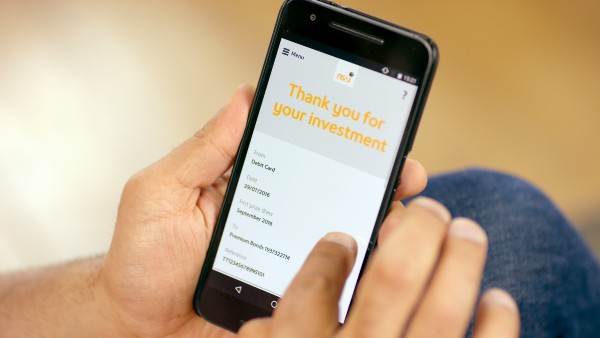Following last week’s Bank of England announcement that the base rate has been hiked to 0.25% from its record low level of 0.10%, as we anticipated, there has been nothing but silence from the majority of savings providers – including, of course, the big high street banks.

So, it was a bit of a shock to see an announcement by NS&I that it will be increasing the rate on offer on a number of its accounts, especially coming so soon after it increased the rate on the monthly interest paying easy access Income Bonds account from a shocking 0.01% to a slightly less dreadful 0.15%.
Which rates are rising?
With effect from 29th December, the aforementioned Income Bonds account and the Direct Saver account, will see an increase from 0.15% to 0.35%, while the interest rate on the Direct ISA will also be raised from 0.10% to 0.35%
While these rate increases are larger than the base rate rise and it means that NS&I is paying much more than the high street banks, the rates are far from competitive and much better rates can be found elsewhere.
Currently the best easy access rate available is paying 0.71% AER. Investec’s Online Flexi Saver is available to savers with a minimum balance of £5,000 and the good news it that there are no restrictions on the amount of withdrawals that can be made plus the account can be set up to pay out the interest monthly into your bank account, if needed.
Why is NS&I making this move?
It would be nice to think that NS&I is doing this simply to support savers, and influence other banks to follow suit, but unfortunately that is unlikely to be the case.
As we reported when the Income Bonds rate was raised last month, NS&I saw a mass exodus of customers and funds after it made swingeing cuts to a number of accounts just over a year ago. So much so that even though its Premium Bonds continue to prove popular, by the first half of this financial year it had raised only 10% of its annual target – so £600 million of its £6 billion target.
To put this into context, in the same period the previous year, NS&I raised £38.3 billion, against a target of £35 billion, after it found itself paying some of the best rates on the market – however, after pulling the rug from under its savers a few months later by cutting rates to the bone, some £22.8 billion was withdrawn between April and September this year, which is why NS&I is now having to take action to try and stem the flow.
As mentioned above, for many savers far better rates can be found elsewhere and hopefully the base rate rise will trigger some further increases in the best buy tables. So, this move might not be enough to get NS&I back on track.
Those savers with sums that are much larger than the Financial Services Compensation Scheme limit of £85,000 may feel that these increases are enough to entice them either to stay or to return as the rates are at least far more than they are likely to be earning with their high street bank. On a balance of £1 million for example in a high street bank so-called savings account paying 0.01% you would earn just £100 in a year with the bank and only £85,000 would be protected. With the NS&I Direct Saver Account, with the same balance of £1 million, you would earn £3,500 in interest and all the money would be protected by HM Treasury, so a far better deal all round.
Of course the higher inflation that we are experiencing means that although the interest earned with these new rates is more that it was, the damaging effect of inflation will still mean that the money is being eroded in real terms.
After five years, if inflation were to remain at 5.1%, although with interest added the balance would have grown to £1,017,623, the real spending value of that money will have fallen to £793,548. A sobering thought.
If you’re worried about rising inflation and think you might be holding too much in cash, perhaps you'd like to explore other options, so why not get in touch. We’re currently offering all those with £100,000 or more in savings, investments or pensions a FREE financial planning review with one of our TPO colleagues, worth £500. You can find out more here.

 @savingschampion
@savingschampion Find us on Facebook
Find us on Facebook